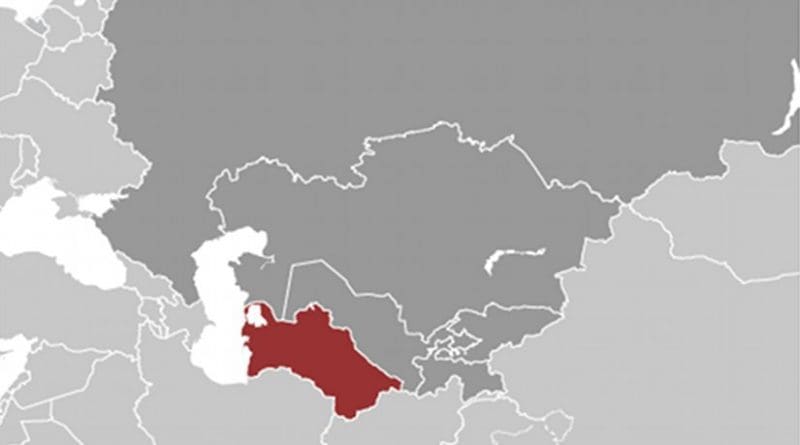Hunger Spreads In Turkmenistan – OpEd
By Paul Goble
Despite its enormous oil and natural gas reserves, Turkmenistan has run out of money for food and basic services, leading to shortages in basic commodities, long lines, anger and frustration, and efforts by the regime to hide the situation by broadcasting staged events showing a surfeit of food.
Over the last few weeks the situation has only deteriorated from what it was at the end of February – see windowoneurasia2.blogspot.com/2018/03/food-riots-in-turkmenistan-have-now.html – with ever higher prices not only for increasingly scare food but also for transportation and medical care (rosbalt.ru/world/2018/03/21/1689968.html).
Harvests across Central Asia were bad last year, but other countries in the region have covered their losses by purchases abroad either from state funds or by means of transfer payments by gastarbeiters working in Russia or elsewhere. So far, however, as Turkmenistan heads into spring, which is the worst time for food supplies in any country, the government has not acted.
And in contrast to the four other Central Asian states, Turkmenistan has few gastarbeiters abroad sending home money. Indeed, because of extremely high airfares and exist restrictions, Turkmens now cannot afford to go anywhere else. That was bad enough when the population was just poor. Now, it is hungry.
According to Regnum’s Irina Dzhorbenadze, the shortages of food and the inability of Turkmens to leave is creating a pressure cooker environment, one where unofficial estimates put real unemployment at 60 percent even as the government uses its media and diplomats to insist that “’there are no problems’” or only “’insignificant negative phenomena.’”
Making such claims may satisfy outsiders who rarely devote much attention to the most closed country in the former Soviet space, but a people who are hungry and insulted by their own government at the same time are candidates for revolts, however repressive the Ashgabat regime may be.
At the very least, between now and the first harvest in mid-summer, Turkmenistan is likely to become increasingly unstable, a candidate either for regime change or a descent into the kind of chaos that the most radical elements are certain to try to exploit.

